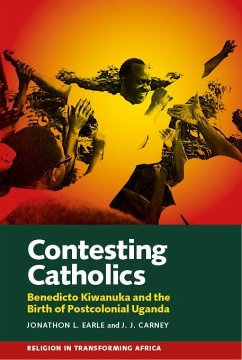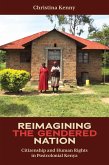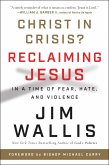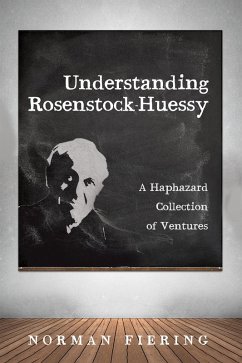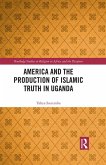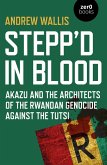First scholarly treatment of Uganda's first elected ruler; offers new insights into the religious and political history of modern Uganda.
Assassinated by Idi Amin and a democratic ally of J.F. Kennedy during the Cold War, Benedicto Kiwanuka was Uganda's most controversial and disruptive politician, and his legacy is still divisive. On the eve of independence, he ledthe Democratic Party (DP), a national movement of predominantly Catholic activists, to end political inequalities and religious discrimination. Along the way, he became Uganda's first prime minister and first Ugandan chief justice. Earle and Carney show how Kiwanuka and Catholic activists struggled to create an inclusive vision of the state, a vision that resulted in relentless intimidation and extra-judicial killings. Focusing closely on the competing Catholic projects that circulated throughout Uganda, this book offers new ways of thinking about the history of democratic thought, while pushing the study of Catholicism in Africa outside of the church and beyond the gaze of missionaries. Drawing on never before seen sources from Kiwanuka's personal papers, the authors upend many of the assumptions that have framed Uganda's political and religious history for over sixty years, as well as repositioning Uganda's politics within the global arena.
Jonathon Earle is Associate Professor of African History, Centre College, where he holds the Marlene and David Grissom Professorship of Social Studies, and author of Colonial Buganda and the End of Empire: Political Thought and Historical Imagination in Africa (2017), which was a finalist for the African Studies Association's Bethwell A. Ogot award. J.J. Carney is Associate Professor of Theology, Creighton University, and author of Rwanda before the Genocide: Catholic Politics and Ethnic Discourse in the Late Colonial Era (2014), which won the Ogot award.
Assassinated by Idi Amin and a democratic ally of J.F. Kennedy during the Cold War, Benedicto Kiwanuka was Uganda's most controversial and disruptive politician, and his legacy is still divisive. On the eve of independence, he ledthe Democratic Party (DP), a national movement of predominantly Catholic activists, to end political inequalities and religious discrimination. Along the way, he became Uganda's first prime minister and first Ugandan chief justice. Earle and Carney show how Kiwanuka and Catholic activists struggled to create an inclusive vision of the state, a vision that resulted in relentless intimidation and extra-judicial killings. Focusing closely on the competing Catholic projects that circulated throughout Uganda, this book offers new ways of thinking about the history of democratic thought, while pushing the study of Catholicism in Africa outside of the church and beyond the gaze of missionaries. Drawing on never before seen sources from Kiwanuka's personal papers, the authors upend many of the assumptions that have framed Uganda's political and religious history for over sixty years, as well as repositioning Uganda's politics within the global arena.
Jonathon Earle is Associate Professor of African History, Centre College, where he holds the Marlene and David Grissom Professorship of Social Studies, and author of Colonial Buganda and the End of Empire: Political Thought and Historical Imagination in Africa (2017), which was a finalist for the African Studies Association's Bethwell A. Ogot award. J.J. Carney is Associate Professor of Theology, Creighton University, and author of Rwanda before the Genocide: Catholic Politics and Ethnic Discourse in the Late Colonial Era (2014), which won the Ogot award.
Dieser Download kann aus rechtlichen Gründen nur mit Rechnungsadresse in A, D ausgeliefert werden.

